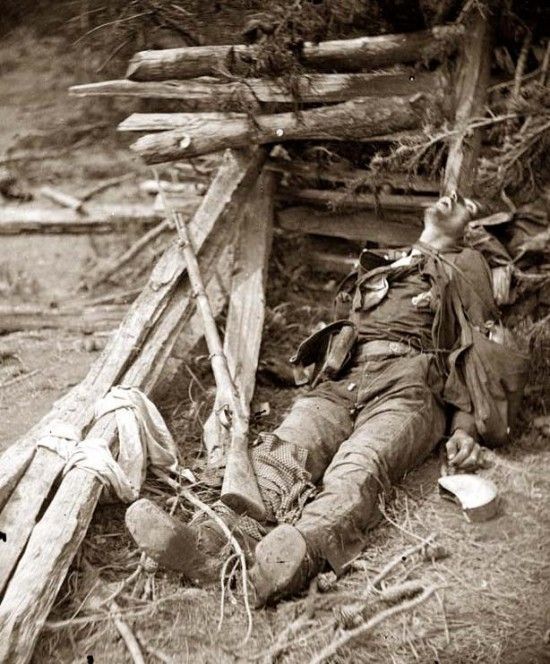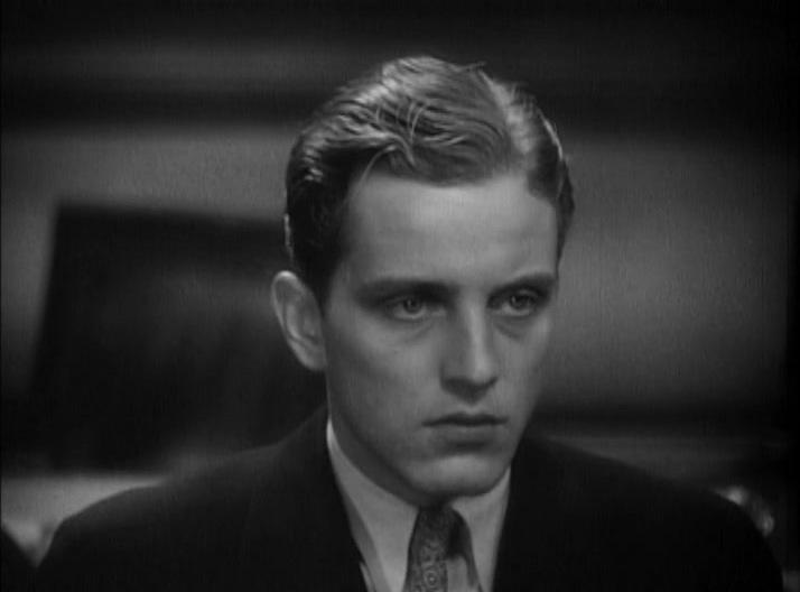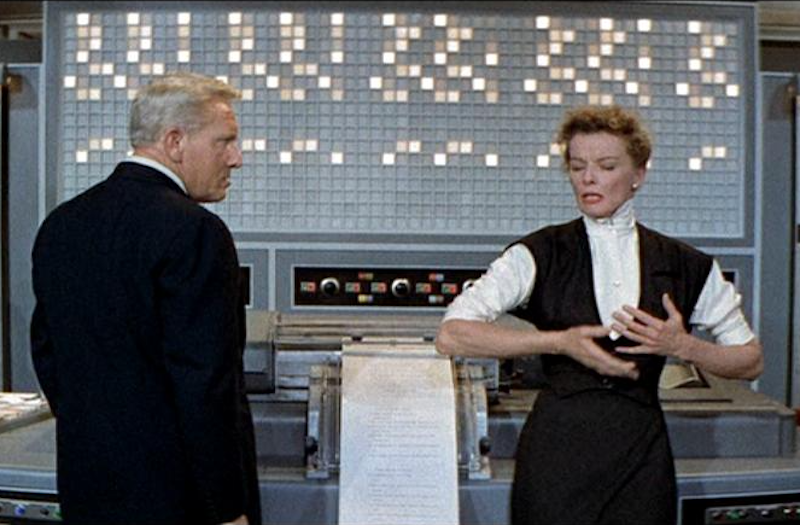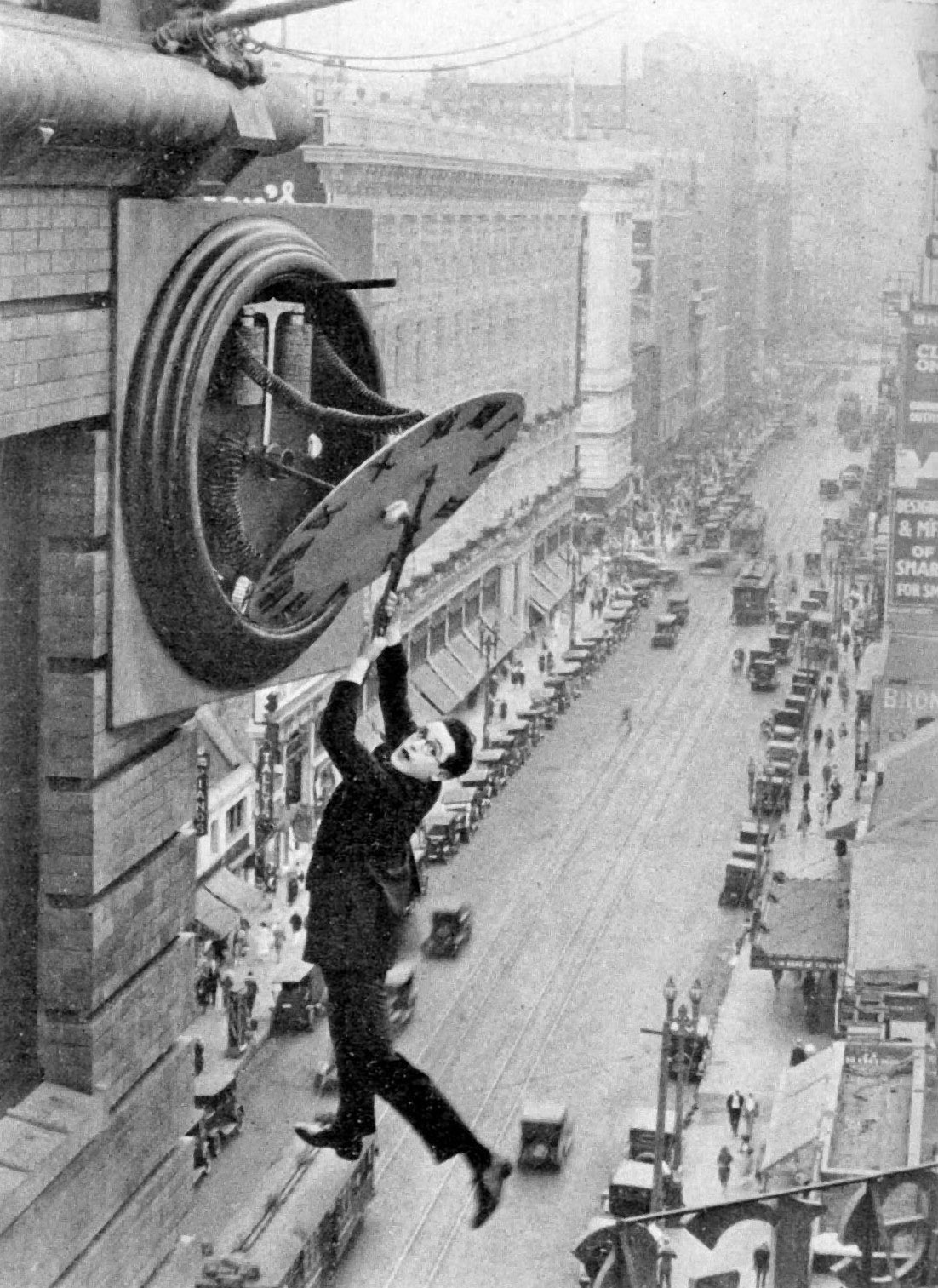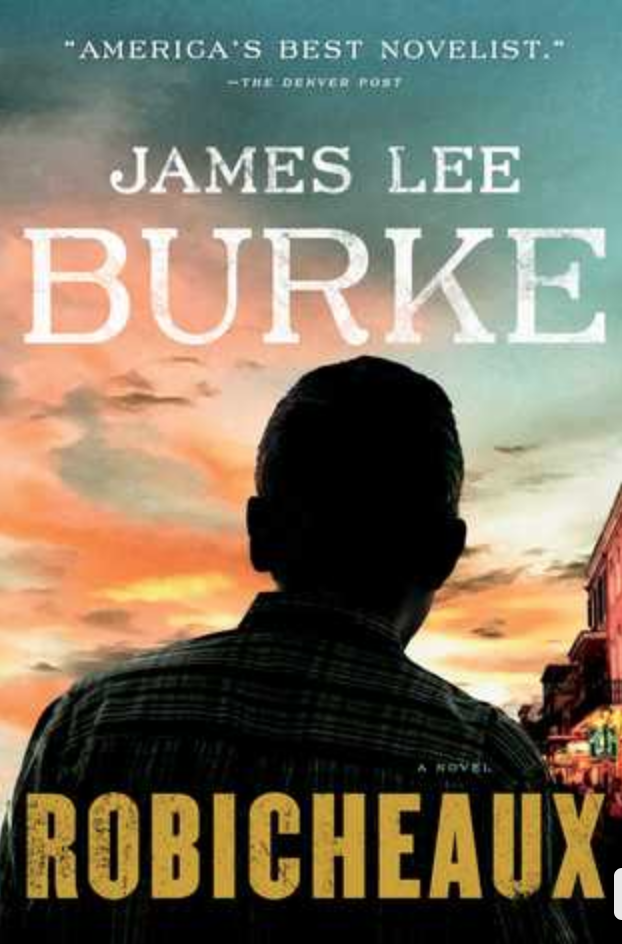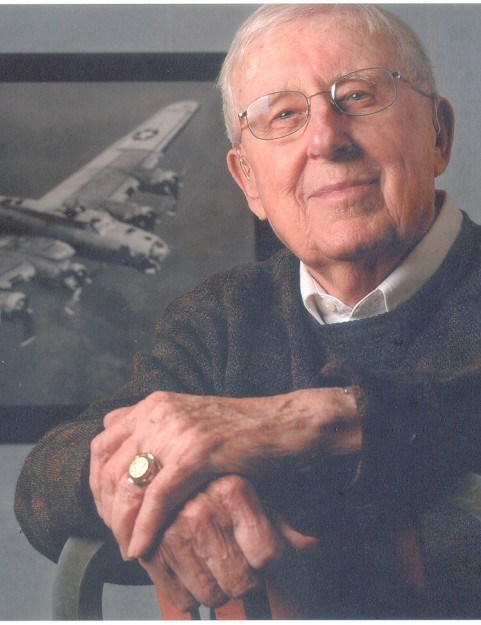Williams Shirer on editing his college newspaper. We’re still experiencing the same stuff today.
Category: Books
This. Is. Us. Part Two
We have ALWAYS been this. One example among countless: The Sand Creek Massacre: “An estimated 70 to 600 peaceful Cheyenne and Arapaho – about two-thirds of whom were women, children, and infants – were murdered and mutilated by Col. [John] Chivington [a Methodist minister] and the volunteer troops under his command. Chivington and his men...
This. Is. Us.
The following quote so accurately pegs the U.S. of the 2020s as it did the U.S. of the 1890s. Shirer writes of Upton Sinclair’s famous and seminal work, The Jungle, regarding the Chicago and U.S. in which he was born and raised. This. Is. Us. More will follow.
Movie Night: An American Tragedy
"Basically, amoral social climber from poor background seduces poor factory girl, gets her pregnant, wants to marry a rich socialite and so kills poor factory girl by smashing her in the head with his tennis racket and dumping her body in a lake, fakes a canoe accident, trips self up by being basically an idiot, dies in electric chair after mercy is refused by Governor Charles Evans Hughes."
Movie Night: Desk Set
"Not only is it hilarious, it has fabulous midcentury (ugh, that word) interiors, jokes only librarian/book/research nerds understand, an awesome supporting cast including EMERAC and Kate gets to get blotto and talk about the "Mexican Avenue Bus" (the Lexington Avenue Bus, that is)."
On Crime and Punishment This Fourth of July
"It's well worth a challenging read-and-think on everyone's part at this particular moment in the country and society."
Pocket Guide to France, or, Onward to Parisian Mademoiselles
"You are a member of the best dressed, best fed, best equipped liberating Army now on earth. You are going in among the people of a former Ally of your country. They are still your kind of people who happen to speak democracy in a different language."
Corporate Power
"Many states whose sovereignty is threatened are now finally waking up to the danger. But is it perhaps already too late to do anything about the seemingly over-mighty corporations?"
Where Are the Bodies? We Have an App for That.
"The information presented is stark and perhaps unsettling."
No Slope, No False Equivalency. Just the Same. Damn. Thing.
Immoral, indecent, inhumane. ... We are running concentration camps and human beings are dying.
The Wages of Sin, America, is …
"It is impossible to engage in intellectual discourse with National Socialist Philosophy. For if there were such an entity, one would have to try by means of analysis and discussion either to prove its validity or to combat it. ..."
Random American Notes
"An American gentleman . . . likewise stuck his hands deep into his pockets, and walked the deck with his nostrils dilated, as already inhaling the air of Freedom which carries death to all tyrants, and can never (under any circumstances worth mentioning) be breathed by slaves."
Finally Entering the Public Domain
We're finally getting some « spectacular stuff » released into the public domain on New Year's Day (screw you Disney!).
End of Year Retrospectives: 75 Book Covers
"There are some gems among the 75 Best Book Covers of 2018."
Robicheaux by James Lee Burke
It's absorbing, it sometimes makes you flinch, and it's always about the bottom feeders and sharks of the dark underbelly of the American aquarium, and it always makes for fun reading.
Atomic Poetry
On 1-Jun-1945, six weeks after the death of Franklin Roosevelt, new U.S. President Harry Truman convened a meeting to update the status on and debate the use of the soon-to-be-born atomic bomb. But first, at the Pentagon, a group consisting of James Byrnes (soon to be Secretary of State), generals George C. Marshall and Leslie...
Remembering the Past
Remembering Bill Schock on his 100th birthday … and the 52nd anniversary of Braniff 250 in Falls City. Also … feeling old from … time flying and stuff. Since the AM2431 crash in Durango a few days ago appears to be from weather-related causes, never forgetting the lessons of BN250, as well as CO426, OZ809,...
For Bill
Back in 2014, I included a chapter in my book detailing Bill Schock's war experiences as they related to his reporting on the crash of Braniff International flight 250 in 1966.
A Final “Hangin’ Out the Warsh”
«This is Bill’s final column» out of countless ones he wrote over 71 years for the Falls City Journal. With this column, he said farewell; the Journal has been sold and moved to a much smaller space in downtown Falls City which it had occupied until 1950. It’s all extremely symbolic of the state of...
More Grief
This is kind of like how I feel about my (possibly four) upcoming surgeries: I don’t want to do this, but I have to, and I hate it. Received a kind e-mail yesterday telling me of the death of Bill Schock of Falls City, NE, on Thursday evening, six weeks short of his 100th birthday....
History as Prophecy
I have been attempting to read «Michael Burleigh's The Third Reich: A New History» since it came out in 2000. Instead, I've read «William Shirer's The Rise and Fall of the Third Reich» twice. Nothing wrong with anything I've read of Burleigh's work; quite the contrary. In fact, it has to do with how big the book is; the first edition is 950-plus pages and weighs a ton and I've had hand/wrist problems since, well, 2000. And I have Rise and Fall on Kindle.
Braniff 250 Book Housecleaning
Just some housekeeping: For those of you I met in Falls City, I'm posting this link in case I've missed anyone's email… Posted by Steve Pollock on Sunday, August 28, 2016
Books Arriving Soon
Just a note to any of your wonderful Falls City people who were so gracious to order the book, it's being processed by… Posted by Steve Pollock on Monday, August 15, 2016
Aw Shucks
<Aw shucks, blow my own horn time> I greatly appreciate all the orders for the book. If anyone else wants a copy, let me… Posted by Steve Pollock on Sunday, August 7, 2016
Deadly Turbulence
It’s release day!



